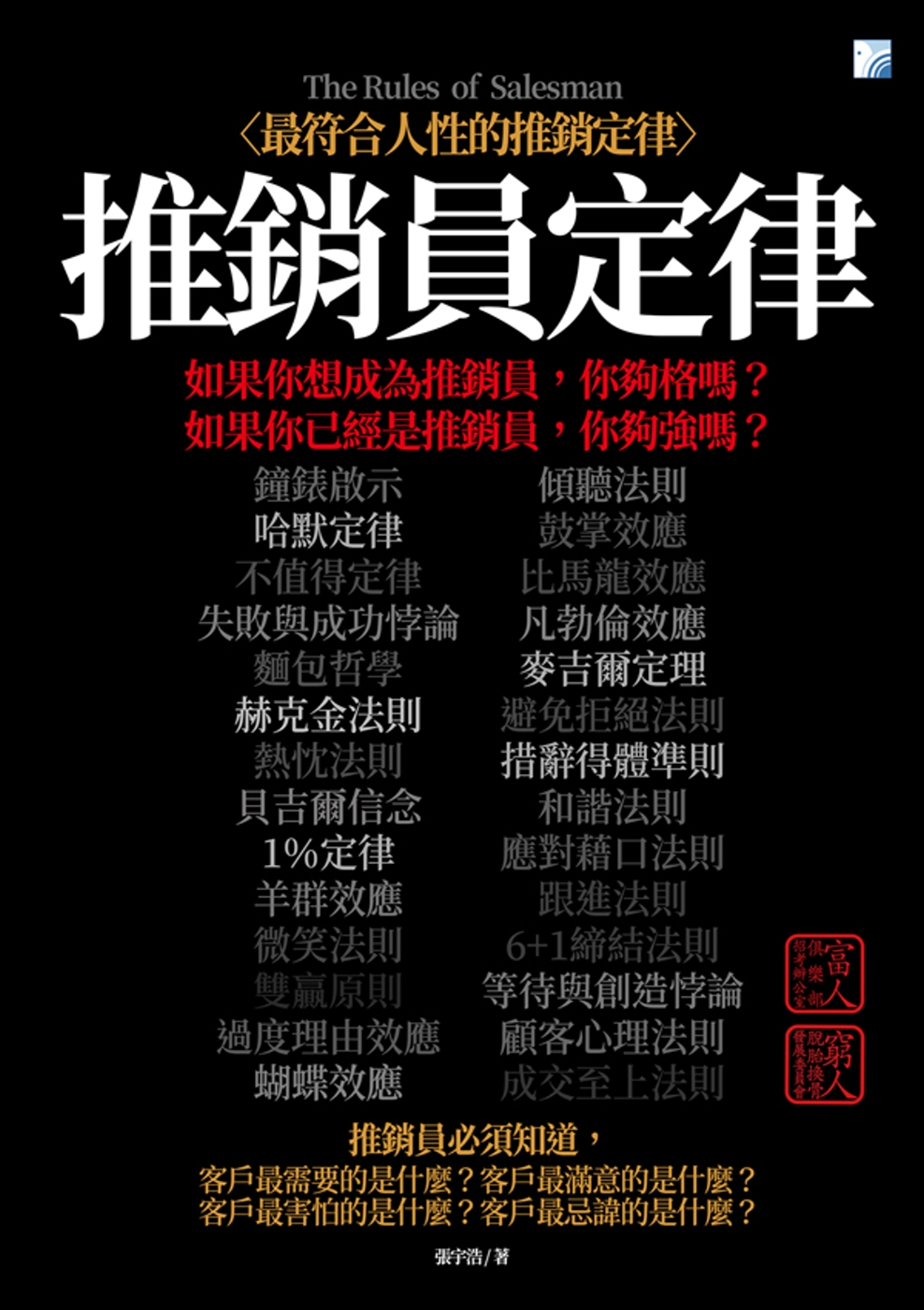Main Currents in Modern Economics | 被動收入的投資秘訣 - 2024年6月

Main Currents in Modern Economics
Main Currents in Modern Economicsdeserves to be the classic it is. At the time of its original publication in 1962, Ben Seligman, a scholar's scholar, had immersed himself in the development of economic thought since 1870. This product of his efforts is truly timeless, even though the history ends with a chapter on "technique" that itself ends with a discussion of game theory and linear programming. Why is "Main Currentsstill modern and surprisingly up-to-date? Certainly the past is the past, and our understanding of it does not change all that much despite the work of new scholars. For Seligman, the story begins with the revolt of German historical writers against the rigidity of classical doctrine, a natural starting point for contemporary theory. He takes us from the world of Thorstein Veblen to Galbraith's theory of countervailing power and the affluent society--worlds that he makes us understand are not so far apart.Seligman also shows us how the doctrines begin to repeat themselves. Jevons, the Austrians, and J.B. Clark reaffirm tradition with the rediscovery of marginalism. A more neutral version of "equilibrium economics" is supplied by Luon Walras and Vilfredo Pareto, a main current of thought extended by John R. Hicks and Paul A. Samuelson. Seligman characterizes the principle trait of modern doctrine as the use of technique for its own sake. Dismissing G.L.S. Shackle's writing on uncertainty, he criticizes Shackle's use of continuous rather than discontinuous function.Main Currentsmay have been published too soon to be fully appreciated. Seligman's focus on the thrust toward technique now has a ring of truth that can no longer be ignored. As Ray Canterbury notes in his introduction, in some respects only the names of the players have changed, andMain Current'spertinence to today's issues is self-evident. Economics has moved so deeply into technique that the next generation may have to rediscover the past in order to find its way out. Seligman's book is a good place to begin the journey.
 將大數據由「潮流」化為「營收」的8...
將大數據由「潮流」化為「營收」的8... 成功與失敗的法則
成功與失敗的法則 【故事寫作大師班套書】(二冊): ...
【故事寫作大師班套書】(二冊): ... 飯水分離陰陽飲食法〔增訂二版〕
飯水分離陰陽飲食法〔增訂二版〕 修訂版 合格全攻略!新日檢6回全真...
修訂版 合格全攻略!新日檢6回全真... 絕對合格攻略!新日檢6回全真模擬N...
絕對合格攻略!新日檢6回全真模擬N... 與你的內心小孩成為好麻吉:情緒療癒...
與你的內心小孩成為好麻吉:情緒療癒... 巔峰銷售的秘訣:成功行銷白金法則(...
巔峰銷售的秘訣:成功行銷白金法則(... 主導權 從沒人理你,到人人聽你!巧...
主導權 從沒人理你,到人人聽你!巧... 推銷員定律(二版)
推銷員定律(二版)